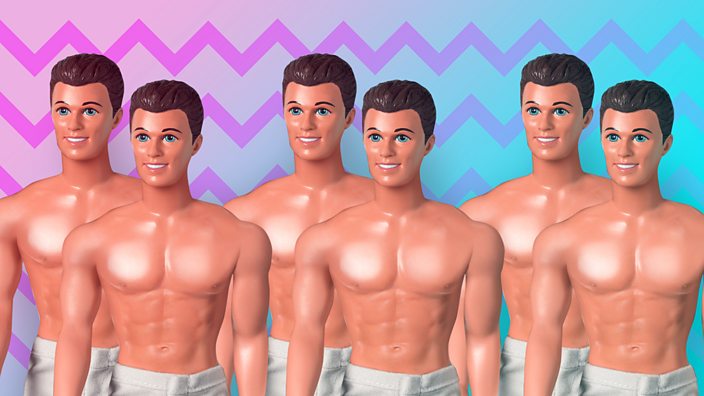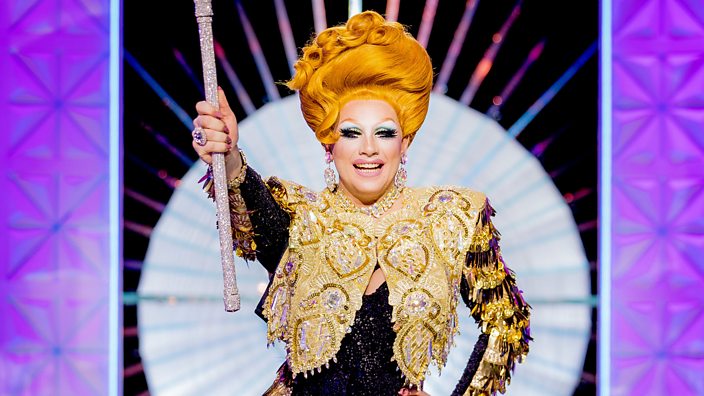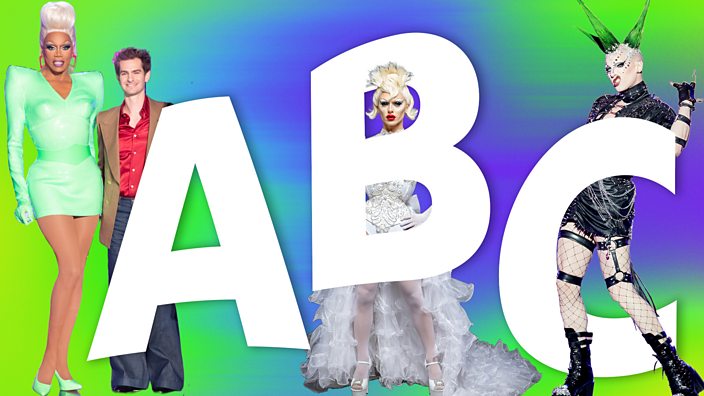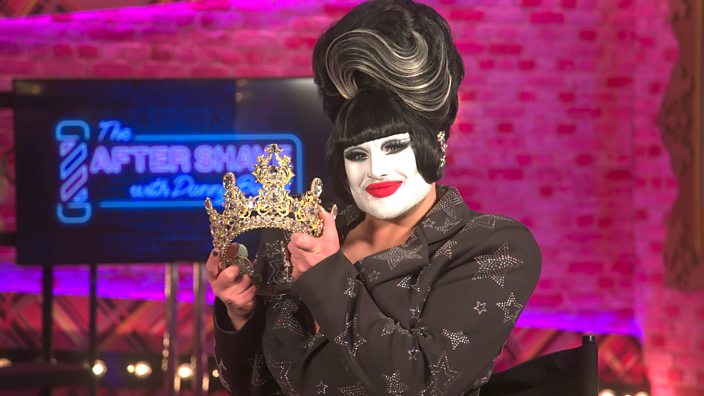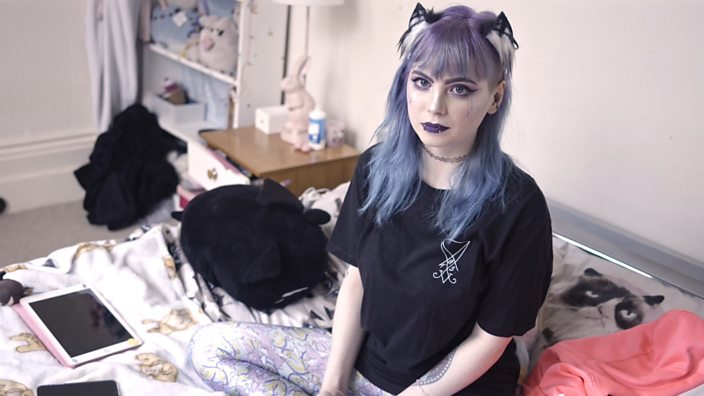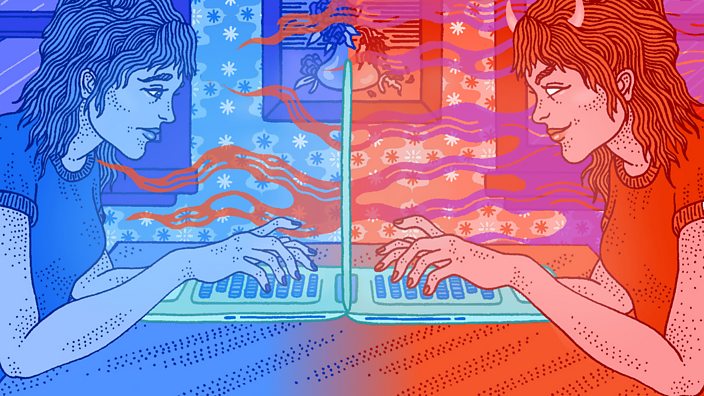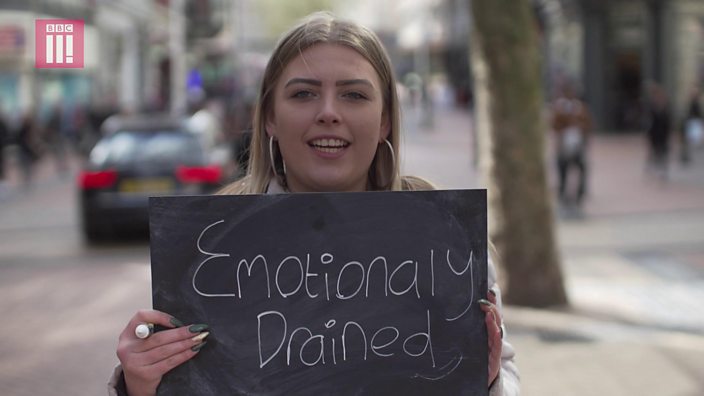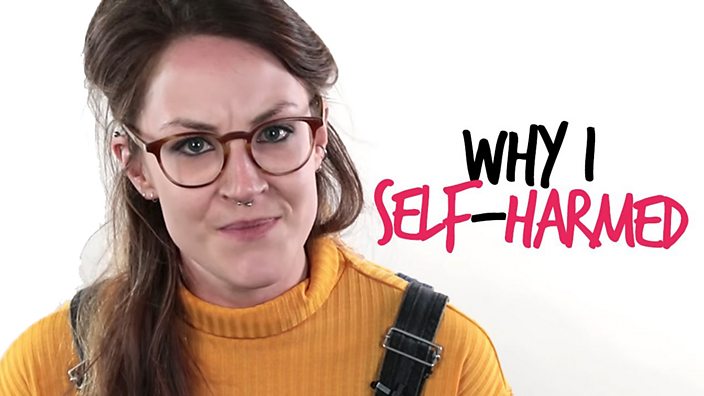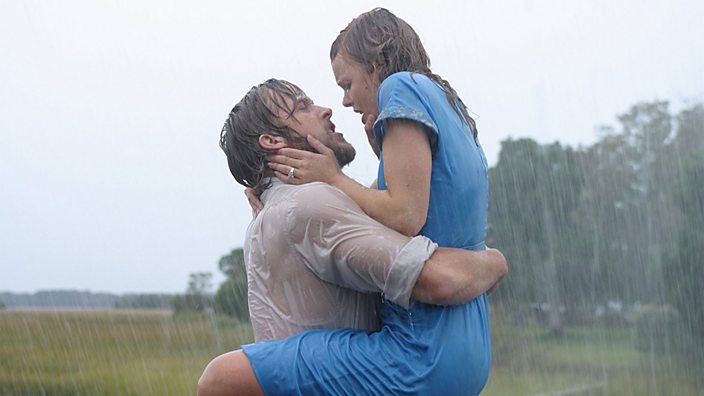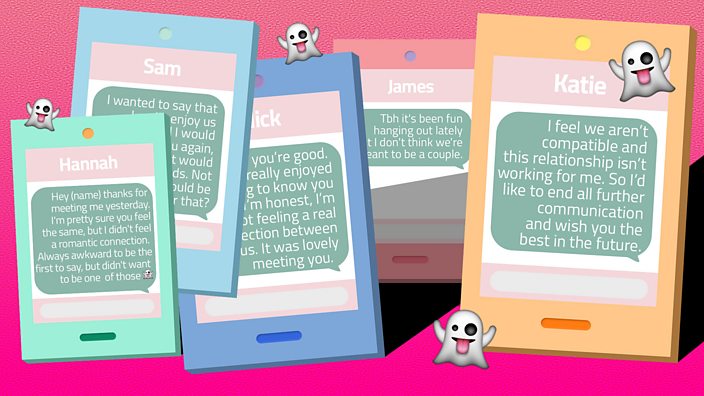In the men’s toilets of most nightclubs, you’ll find a range of aftershaves, lollipops and chewing gum - more often than not, accompanied by a piece of advice: if you don’t have the right spray, “you won’t get your lay”.
In a gay club, the picture is similar, but turbo-charged.
Products. There are so many products. Hair spray, mousse, wet-look gel and powder promising that tousled surfer look. Often, the queue to wash your hands is endlessly drawn out by people preening in the mirror.
Body image is an issue for many men, regardless of sexuality. But it seems to be more of a problem in the gay community.
When it comes to appearance, gay men hold themselves - and one another - to far more exacting standards.
I spoke to a few men anonymously about this on Grindr. As one told me, “what’s seen as normal in straight men isn’t the same with gay men. “You can be ‘straight thin’, but ‘gay fat’.”
A leading gay lifestyle magazine, Attitude, has just published an entire issue dedicated to body image problems in the gay community.
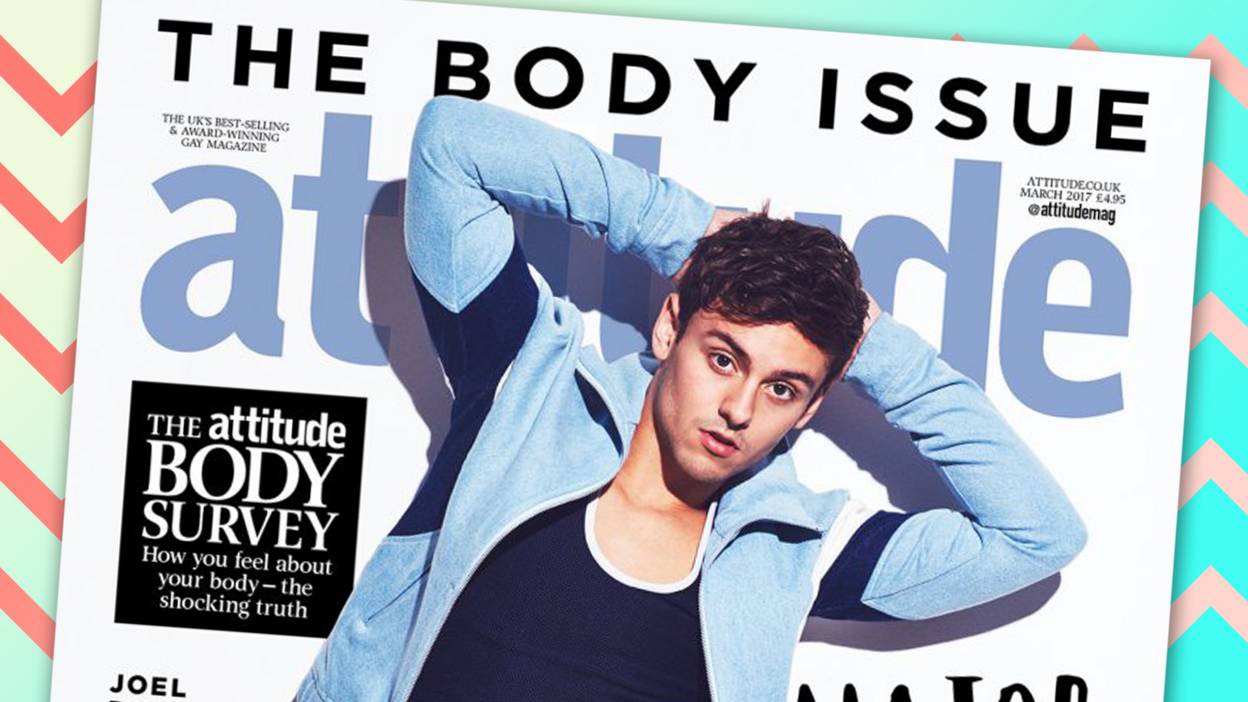 Attitude
Attitude
In a recent survey by the magazine, 84% of respondents said they felt under intense pressure to have a good body. Only 1% considered themselves “very happy” with their appearance.
According to Attitude’s Editor-in-Chief, Matt Cain, “There is an epidemic of gay men taking shirtless selfies in the gym, desperate for affirmation.”
David Leveseque, a gay vlogger who recently posted a video on this topic, told me, “I’ve definitely had an unhealthy relationship with my own body in the past, and I think Matt Cain is right. Part of the obsession some gay men have with their appearance definitely comes from seeking validation.”
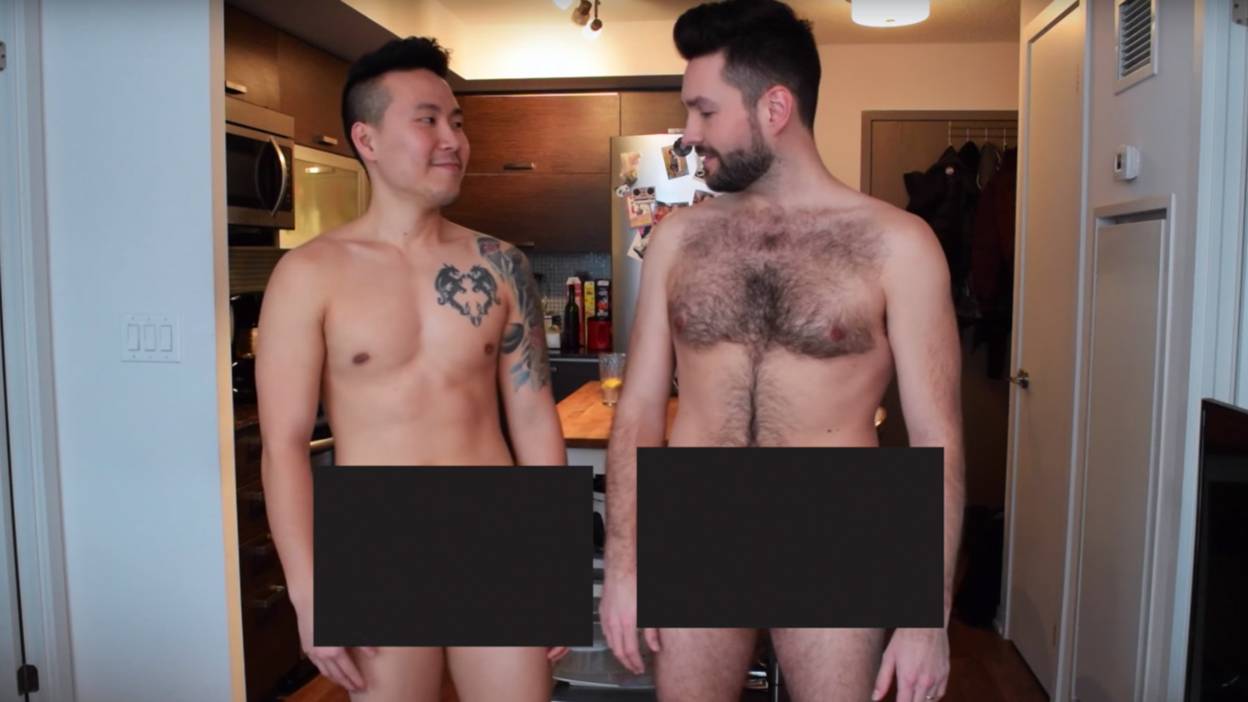 HueyDavid - YouTube
HueyDavid - YouTube
He said, “Gay people often don’t feel accepted. But, the thinking goes, if people think you’re good-looking, they like you. They look past your sexual orientation.”
Attitude’s former Editor, Matthew Todd, wrote about this in his book Straight Jacket: How to be Gay and Happy.
Todd argued that homosexuality is often accompanied by feelings of shame stemming from a lack of acceptance in society. Those feelings can lead to a lack of acceptance for ourselves, which leads to an unhealthy fixation with our appearance.
“Everyone experiences not liking how they look sometimes, but when you really don't like yourself then it will manifest as really not liking the way you look,” he writes.
In 2014, the International Journal of Eating Disorders found that gay or bisexual men were three times more likely than straight men to have body image issues.
It seems to be the other way around for women, with a 2013 study finding that lesbian women reported less body dissatisfaction than heterosexual women.
According to the lesbian blogger Denise Warner, "women are more accepting of body flaws, possibly because they're so aware of the sexism in mainstream media" when it comes to promoting unattainable beauty standards.
The link between lack of acceptance and body image rings true for David.
“At school, I was bullied a lot - for the way I looked, the way I dressed, my body hair,” he told me. “But the main reason for the bullying was my sexuality. I came out when I was 15 years old.”
David compared himself to boys he thought were more attractive than him. “I felt like the bullying would stop if I looked better, and I ended up developing some pretty bad eating habits. Throwing up, and stuff,” he said.
David also thinks the LGBT community is judgmental about appearance. “Right now, the scruffy muscular look is popular,” he said. “If you don’t have a six-pack, you’re not hot.”
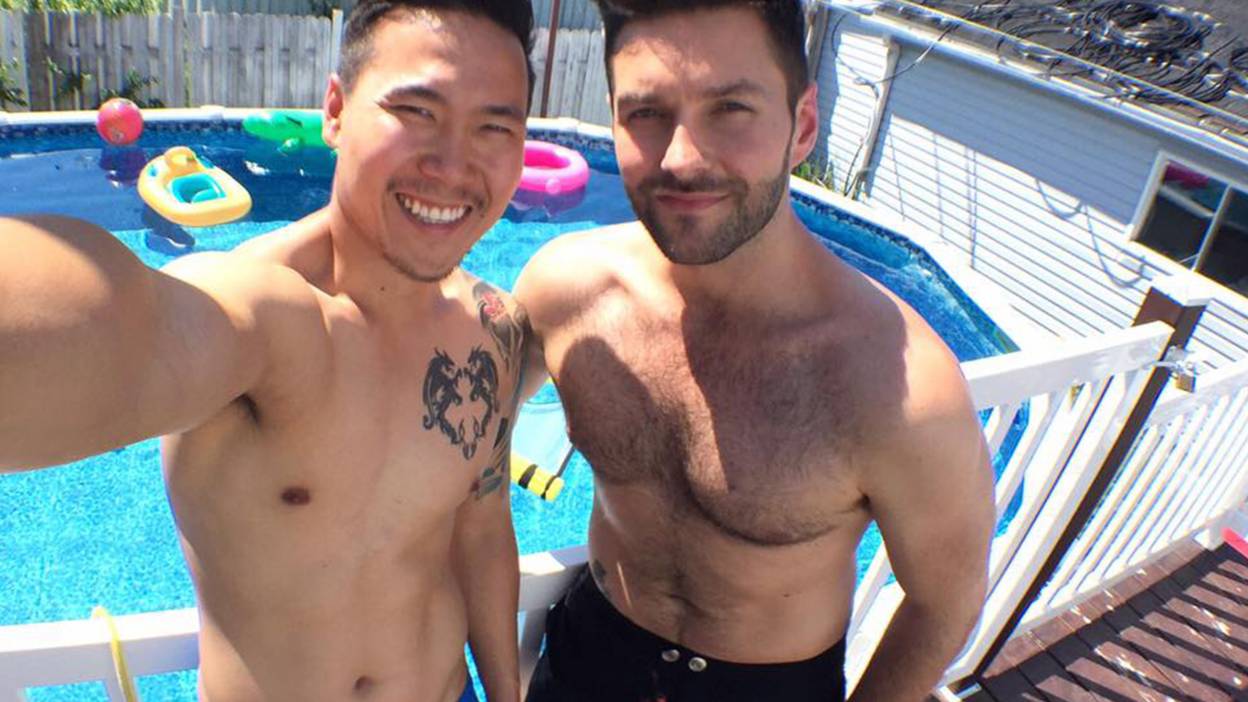 David
David
He told me, “I know people who spend four hours a day in the gym. They go for two hours in the morning and two in the evening. I would understand if they were athletes, but they’re just regular guys.
"Some people even abuse drugs, like steroids, so intensely that they end up looking like ninja turtles.”
One Grindr user said, “It’s not great for your self-confidence if you don’t fit into the mould. It definitely affects people negatively.”
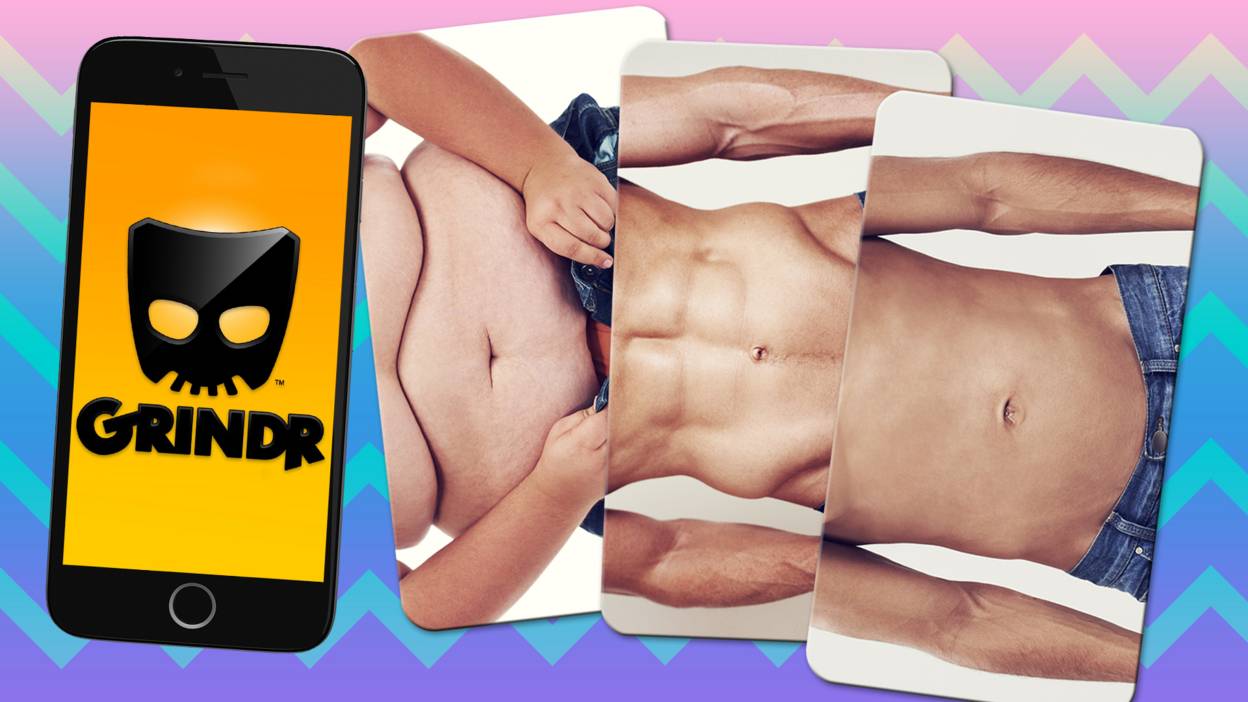 Getty Images
Getty Images
LGBT people face a greater risk of developing mental health issues, with a new report suggesting that as many as 40% of London’s LGBT community suffers mental health problems.
Matthew Todd believes gay people feel a perpetual threat of not being accepted, which “makes us feel out of control, and anything that affects our mood, even temporarily” – like getting noticed for looking good – “gives us the illusion of regained control”.
A Grindr user agreed. “I think body image for gay people is a way of seeking acceptance. It’s something that we can control in a way that we can’t control our sexuality.”
David, who lives with his husband, Huey, in Toronto, mentioned another issue.
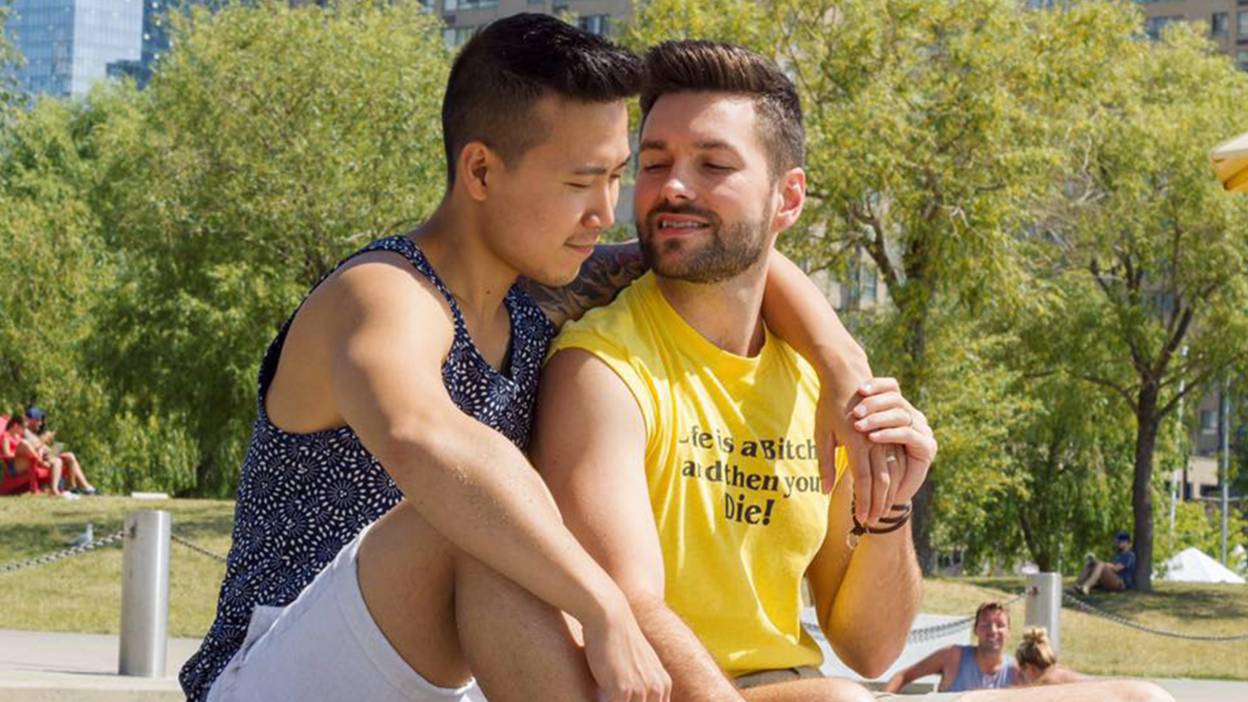 David
David
“We can’t help comparing ourselves to each other – it’s one of the negatives of being in a same-sex relationship. You shower together, you sleep together, you see each other’s bodies every day. If you’re a girl and a guy, you don’t have the same direct comparison of who has the better body.”
They decided to make their video – in which they strip naked and talk candidly about their insecurities – after watching a documentary about the pressure women face to conform to media-driven beauty standards.
“I realised that we never hear much about men, even though we feel these pressures too,” he said. “Magazines, Hollywood, and social media all promote these perfect male bodies”.
And, according to Matthew Todd, “a noticeably bigger proportion of gay peoples’ images [on social media] are shirtless and hyper-self-conscious”.
David told me, “A lot of my gay friends say they struggle to find any sort of meaningful relationship because people are so focussed on physicality, and nothing else. It’s so superficial, and it's actually really sad. Everyone has something beautiful about them, and we shouldn’t just be looking at the body.”
You can find out more information about eating disorders, LGBT issues and mental health on the BBC's information and support pages.
